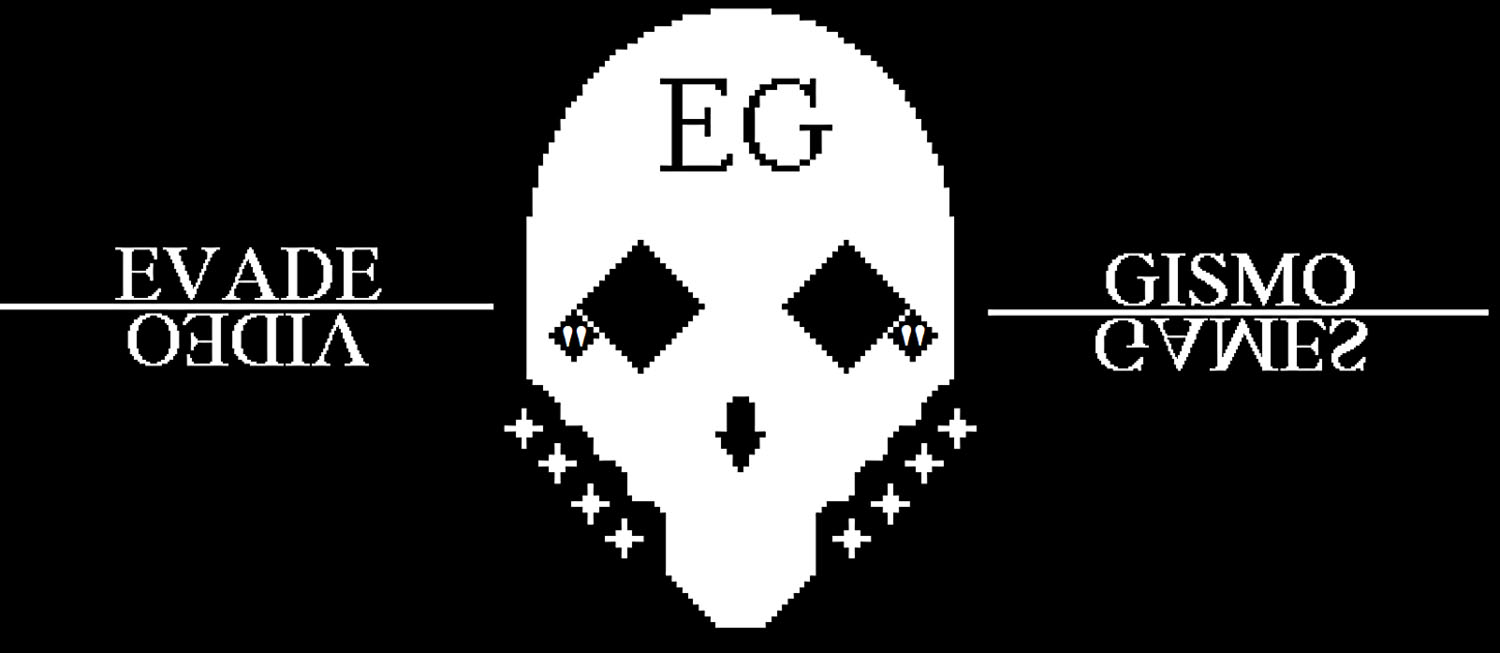THE CURSE OF CONVENIENCE
/For the first time in half a year, I sat down with real-life friends, at a real-life table, to play some good old dice-and-cardboard Magic: the Gathering. This is a game I’ve been playing on-and-off for fifteen years, from casual lunch-hour duels to stubbornly competitive weekly events to addictive online draft-gambling binges to extravagant 5-man brawls of Elder Dragon Highlander (yes, that’s the name of an actual format - don’t you dare call it “Commander”). Throughout that period, several shoeboxes full of cards have followed me from closet to closet, quietly informing my relationship with all games, video and otherwise. There’s no doubt about it: for decades, Wizards of the Coast has continued to prove that complex, dynamic, and engaging game design is independent of framerates, fidelity, and processing power. And while getting the group together - each of us working, schooling, and housekeeping adults, now - is less convenient than rallying the friends list online, the experience led me to wonder: should gaming be as convenient as it is?
I’ve been playing Hearthstone daily throughout my MTG hiatus. Fun game! I enjoy it. It’s well-designed for what it wants to be: an accessible, cheerful, and exciting daily diversion. Much like Magic, you take on the role of an otherworldly fantasy wizard, with the cards representing the neato spells your avatar can do. Wherever I can get a signal on my phone, I can find a game of Hearthstone within a minute and a half and most. But the community is incredibly sensitive, as gamers so often tend to be, and even top-tier streamers will raise a stink over the game failing to do things it wasn’t designed to do, generally with regard to competitive game balance. The blame partly falls on the developers. The past year has seen a push for the game to more closely resemble other TCGs like Magic, with a new Standard format and in-client competitive tournament-style events. But I think this sense of entitlement comes in large part from the game’s convenience. Unlike a physical TCG, it’s this kind of obedient, disposable experience.
In spite of mechanical and thematic similarities, the game-feel of MTG (and I’m talking about the paper version) is intrinsically different from Hearthstone, and I think that’s largely because of the intention and goodwill it demands in order to be played.
Even when you have the cash to invest, you still need to design a deck from a set of more than thirteen-thousand cards. If you’re making your own deck, you need to research synergies, assemble a trade binder, and check prices against each other from various sources. You may need to collaborate with friends to proxy and/or borrow copies of the cards you need when it comes time to play. Fashionable sleeves to protect your precious cards are a must, and you can even have their art modified by an artist to give them unique personality. Seasoned players are known to bling out their decks. Yeah. Wizard bling. Then, you need to get everyone together. Agree on a format, acquire beer. Shuffle up while shooting the shit.
And all this is to say nothing of gameplay itself. Each player at the table is “running” the game, monitoring and refereeing the board, hopefully less in the interest of personal conquest, and more in the interest of an honest match with its naturally interesting consequences. We need to make judgment calls on certain technicalities, often erring on the side of entertainment. We experience, nearly every time we play, totally unprecedented interactions among obscure details and mechanics.
Okay, I’m gushing here. Suffice to say, though, MTG requires a great deal of investment. The only part of the game that is done for you is the design of the cards. The rest is up to you, and I think this leads players to take it much more seriously — or at least, to re-examine their motivations for playing, and to appreciate the complex experience that’s been offered them... to show some love for the players who’ve agreed to see games through for the evening, and to respect that we all came here in the interest of having fun together. These priorities are masked behind the anonymity and convenience of online play. The shared astonishment at unlikely outcomes in Hearthstone can only be expressed through six epically snide character emotes — there is no way to communicate with your opponent except to BM them. Seriously, go play Hearthstone. It’s impossible to convey anything but condescension through those emotes. You cannot say, “What are the chances of that?” or “That’s so cool!” like we often gush at the Magic table. Instead, you get wankers spamming “Greetings, friend” over and over after establishing their win condition and waiting for the turn timer to count itself down. There’s no medium of relation with other players unless they’re already on your friends list.
Hearthstone, and many other games of convenience, compartmentalize the shared gaming experience. But all this really adds is a lack of investment in each brief match, and an ensuing empty, sour feeling. Contact with other human beings is trivialized for the sake of convenience and expediency. And though Magic certainly has its share of table-flipping temper tantrums, it’s difficult to take for granted the aggregated investment of money and time at the table. Can we really call it added value to be able to binge-play a card-game, alone, at 4AM?


